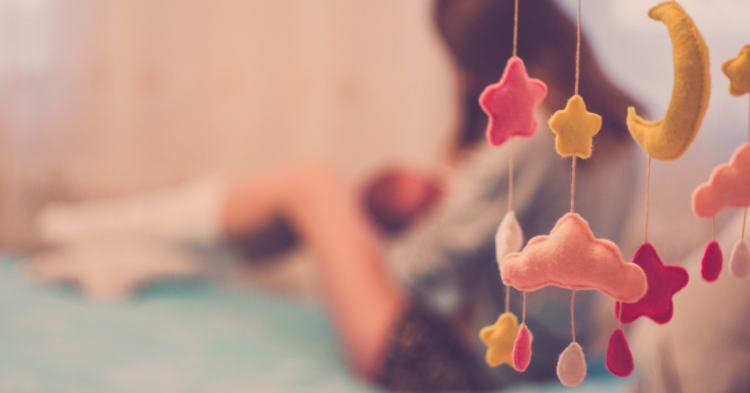The human body is a complex, confusing organism with complex, confusing, and often gross functions.
Because of that, we actually know less about how some of those functions work that you’d think. For all of our scientific advancements, certain things have been overlooked for centuries and we’re still playing catch-up.
For example: anything to do with women’s reproductive systems.
Frankly, centuries of doctors and scientists being only men and ridiculous “modesty” standards expected of women has held back progress to a remarkable extent.
This issue extends to our understanding of breastmilk production.

It doesn’t help that societal norms have been swung towards nursing being something expected to be kept private for decades now.
It’s slowly changing, but stigma has made proper scientific studies difficult.
The fact is, we’re still learning more and more about how a mother’s milk production mirrors the needs of their baby.
And if scientists are still foggy on the facts, it’s hard to expect average moms to be clear on them.
Which is why I don’t blame mom, Jody Danielle Fisher for being surprised when her breastmilk was suddenly blue.

It was something she’d never seen before and concern is understandable.
However, she made a connection between the blue color and her infant, Nancy’s recent vaccinations.

“It’s blue from all the antibodies my body is producing as it thinks she’s sick with what she was vaccinated against!” she said in a Facebook post that swiftly went viral.
Parenting website Romper reached out to some experts for more details.

Nurse and lactation consultant Angie Natero told them that the color and consistency of breastmilk can change for a variety of reasons.
She confirmed that it’s absolutely possible that Jody’s milk was responding to the vaccinations.

“A [mom’s] milk is generally designed perfect for her baby and is ever changing, day to day and feed to feed to best protect the baby as what she is exposed to via her environment and to best meet babies nutritional needs, so I have no doubt it might be possibly related too.”
It sounds strange, but mom’s body would know that the baby was vaccinated.

Research is still in its infancy — yeah, I went there — but scientists have deduced that the mother’s body can detect changes in the baby’s needs through their saliva.
So because vaccinations work by telling the body that it needs to make antibodies for the disease, mom’s body could have gotten the same message.
Which is pretty darn cool, if you ask me.
Other experts noted that milk can be bluish when first beginning to flow (foremilk) and later in the feeding session (hindmilk).

Naterob explains that a full breast can have a higher water content at first, whereas less full breasts have milk that’s thicker and creamier from fat content.
Also, certain foods can change the color of the milk.

Jody does address this in her post, saying that the blue milk was pumped after a feeding and she hadn’t eaten anything known to cause a bluish tint.
Of course, anti-vaxxers immediately attacked her, trying to say that the blue was proof they were “poison.”
Jody updated her post to respond directly to them.
“This goes to show the vaccines are doing exactly what they are meant to do, and so is my daughters body and mine.”
Board-certified lactation consultant Barbara Cohen agrees that the blue is nothing to worry about.
She told Parents :
“While there is still so much that we don’t know about human milk, we do know that breast milk comes in a wide variety of colors and consistencies. The vast majority of those differences are normal.”
So while we can’t confirm there’s any causation between Nancy’s vaccinations and Jody’s blue milk, it’s certainly possible.

Jody also said that she doesn’t want to shame women who can’t or choose not to breastfeed. This is just one of the many cool things about breastmilk, but she doesn’t believe that formula-fed babies are any less healthy or loved.

















































